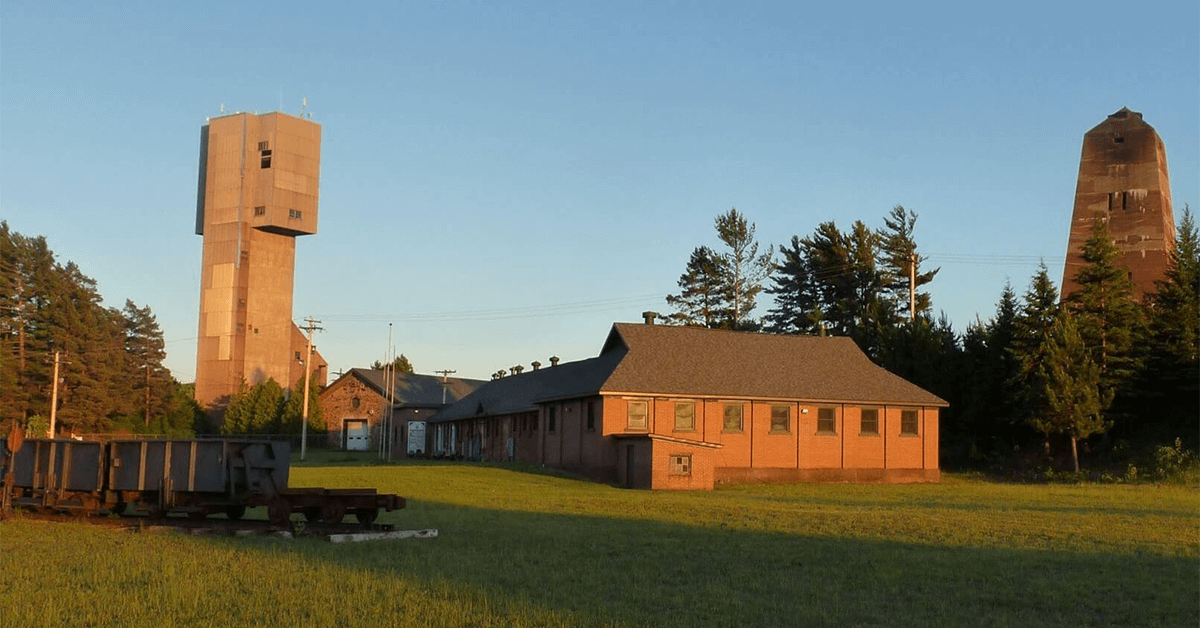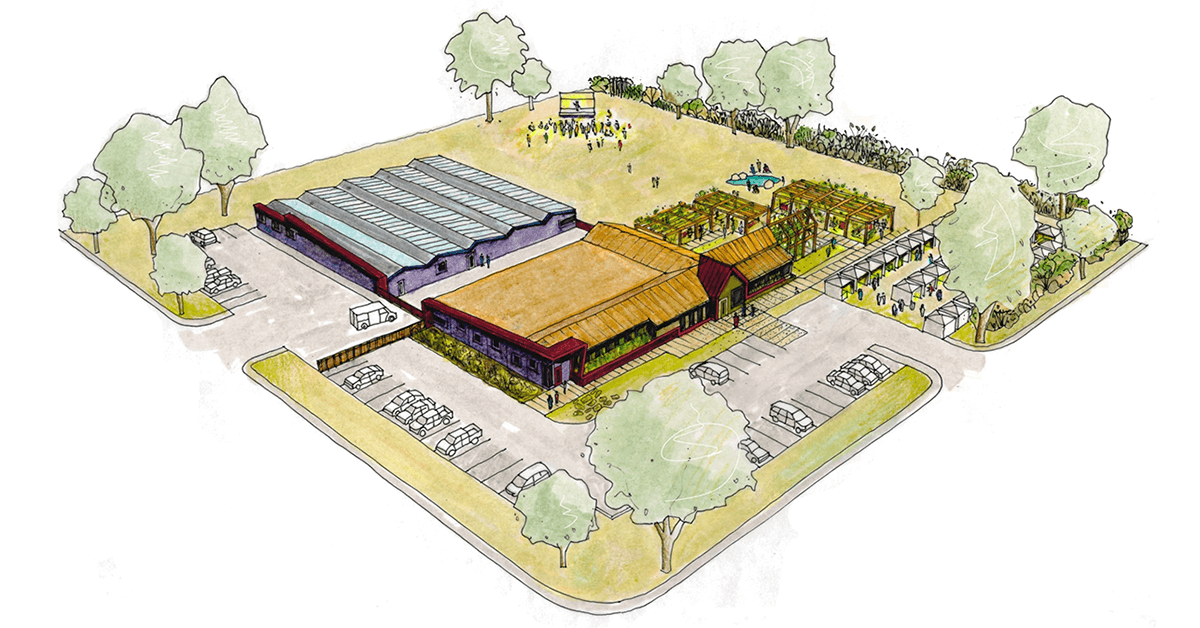Shinola Unveils Grassland Runwell Watch in a Bid for Cannabis Justice Reform

In a significant move to mark this year's 4/20 celebrations, the renowned Detroit-based watch manufacturer Shinola is set to release the Shinola Grassland Runwell watch. This launch is not just about commemorating the unofficial cannabis holiday but also aims to cast a spotlight on the critical issue of racial disparities in cannabis-related arrests. By introducing this unique timepiece, Shinola endeavors to foster awareness and catalyze the much-needed societal change towards these inequities.
The Shinola Grassland Runwell, scheduled for release on April 20th, symbolizes a significant leap beyond the brand's previous themes of sustainability and paying tribute to American heroes. This watch, developed in collaboration with actor and Michigan's own Isaiah Quincy, carries a profound message of advocating for criminal justice reform, particularly concerning the racial imbalance evident in cannabis arrests.

Isaiah Quincy's involvement with the Shinola Grassland Runwell watch goes beyond mere design collaboration. Quincy stars in the indie film "Grassland," a drama that delves into the social justice issues surrounding cannabis-related arrests and their disproportionate impact on minority communities. This engagement reflects a commitment to leveraging cultural influence for social advocacy, with the watch serving as a tangible symbol of this movement.
Echoing Shinola's commitment to criminal justice reform, the company previously released the "Twenty After Four" Detrola Watch in 2020, a collaborative effort with the artist Common aimed at highlighting similar issues.

The Shinola Grassland Runwell is distinguished not only by its advocacy but also by its design and functionality. Limited to 420 units—a nod to the 4/20 cannabis culture—the watch features a distinct green marker at the 4-o'clock position and a cannabis leaf design within its 6-o'clock chronograph dial. Powered by Shinola's Argonite 1069 movement, this watch promises precision and reliability, wrapped in a message of reform and style.
As Shinola prepares to release this impactful timepiece on April 20th, it stands as a bold statement in the movement for criminal justice reform, marrying style with substance in a bid to challenge and change the narrative around cannabis-related legal disparities.

Community Voices Heard in Bad Axe Cannabis Ordinance Debate

Over the past two years, the City of Bad Axe has been carefully considering the introduction of cannabis businesses into the community. After initially hesitating, the city council, in March 2022, decided to revisit the possibility, directing the then Police Chief David Rothe and his successor, Shawn Webber, to conduct thorough research on the matter. This marked the beginning of a meticulous process to establish a city ordinance concerning cannabis establishments.
Following numerous discussions throughout 2022 and 2023, the council took a decisive step in November by agreeing to develop an ordinance. Although the ordinance is not yet officially approved, a proposed draft has been presented.
The draft outlines that the city may host up to four state-licensed cannabis establishments - comprising two microbusinesses and two retailers. According to the Michigan Regulation and Taxation of Marijuana Act, a microbusiness is authorized to cultivate up to 150 cannabis plants, process, package, and directly sell or transfer the cannabis to individuals who are at least 21 years old or to a cannabis safety compliance facility, excluding other cannabis establishments. A retailer, on the other hand, is permitted to acquire cannabis from these establishments and sell or transfer it to individuals who are 21 or older.
Each establishment under the city's draft ordinance would be subject to a municipal license fee not exceeding $5,000, requiring annual renewal.
During a recent city council meeting, a public hearing was held, offering a platform for community members to express their views on the ordinance. Only two individuals spoke out.
Lynette Beeler, a Bad Axe area resident, shared her deep concerns about the potential impact of cannabis businesses on the community. With strong ties to Huron County, Beeler emphasized the importance of considering the broader implications of the ordinance beyond financial benefits, citing potential negative effects on the community's wellbeing.
Jesse Klaska, another lifetime resident, echoed the sentiment of limited public engagement in the discussion. He challenged the council to identify benefits of introducing cannabis businesses to Bad Axe, aside from monetary gains, and suggested that any such businesses should be located away from the downtown area and residential neighborhoods, preferably to the north of the city.
Rebecca Bachman, the Bad Axe City Manager, indicated that the next phase involves a public hearing set by the city's planning commission on April 24th at 6:30 p.m., focusing on zoning for the ordinance. Bachman emphasized the importance of community input and expressed hope for robust public participation. She anticipates that a final decision on the ordinance will be made by the council in May.
Ishpeming Maintains Current Cannabis Retailer Cap After Community Feedback

The City of Ishpeming has decided against revising its cannabis ordinance, maintaining the current regulation that permits only two cannabis retailers within the city limits. This decision came after a public hearing conducted by the Ishpeming Planning Commission, which was aimed at considering a proposal to amend the city's cannabis ordinance. The proposed amendment sought to authorize the establishment of two processing facilities, two safety compliance facilities, and two secure transfer facilities in addition to the existing retail outlets.
The public hearing, held last Monday, witnessed significant community involvement, with 14 residents from Ishpeming expressing their disapproval of the amendment. They raised concerns about the potential increase in drug presence within the city, arguing against the need for additional cannabis facilities. Notably, there were no voices in support of the proposed changes during the session.
The Ishpeming Planning Commission appreciated the active participation of the city's residents in the decision-making process. Brooke Routhier, Chair of the Ishpeming Planning Commission, praised the community's engagement, stating, "I absolutely loved what happened tonight. It is very hard to get the public's input, so to get the public to come out and provide their comment is fantastic. That's what the whole process is about."
However, the commission's vote on whether to recommend the ordinance amendment to the City Council ended in a deadlock, with a 4-4 tie, resulting in the failure of the motion to pass. This outcome ensures that the existing regulations governing cannabis retailers in Ishpeming will remain unchanged, reflecting the community's stance against the expansion of cannabis-related facilities in the city.
How John Sinclair's Legacy Inspired Randy Tessier's Path from Convict to Educator and Musician

In the early 1970s, the fabric of American culture was intricately woven with threads of political unrest, social upheaval, and a burgeoning movement towards the legalization of cannabis. It was during this era of transformation that Randy Tessier, a young man emblematic of the hippie movement's ideals and aspirations, found himself ensnared in the legal challenges that countless others faced due to cannabis possession. Tessier's narrative, beginning with his arrest in 1971 in Michigan's Upper Peninsula for possessing an ounce of hash, unfolds against the backdrop of a pivotal moment in Michigan's legal and cultural history concerning cannabis.
At the time of his arrest, Tessier, a passionate musician and a symbol of the countercultural wave sweeping across America, was met with the harsh reality of the law. His sentencing to a 60-day period in the Marquette County Jail marked the beginning of a journey that would intertwine his fate with the broader movement for cannabis legalization, a movement significantly propelled by the legal battles of Ann Arbor poet John Sinclair.
John Sinclair's legal ordeal, stemming from his activism and cannabis possession, had ignited a statewide, if not national, debate over the draconian marijuana laws of the era. Sinclair's subsequent victory in the Michigan Supreme Court, which saw his conviction overturned and led to a declaration of the state's felony marijuana laws as unconstitutional, emerged not just as a personal triumph but as a watershed moment for cannabis legislation in Michigan.
During Tessier's incarceration, a daring yet ill-fated attempt to smuggle marijuana joints into the jail underscored the risks faced by those caught in the crosshairs of the legal system for cannabis-related offenses. However, in a remarkable turn of events, the legal victory of Sinclair, coinciding with Tessier's impending re-arraignment, catalyzed an unexpected outcome: the charges against Tessier were dismissed. This serendipitous development, occurring in the absence of enforceable marijuana laws, symbolized a critical juncture in the fight against the criminalization of cannabis.
Reflecting on his experiences in light of Sinclair's recent passing, Tessier, now a respected lecturer at the University of Michigan and a fixture in Ann Arbor's music scene, acknowledges the profound influence Sinclair's legal battle had on his life. The trajectory of Tessier's life, from a potential inmate in a state prison to a celebrated academic and musician, mirrors the dramatic shifts in societal attitudes and legal frameworks surrounding cannabis.
Following his release, Tessier's move to Ann Arbor, a city that had garnered a reputation as a bastion of countercultural activity and cannabis advocacy, marked a new chapter in his life. Immersing himself in the music and cultural scene of Ann Arbor, Tessier found camaraderie and support among fellow musicians and activists, including Leni Sinclair, John Sinclair's wife. The city's vibrant community and progressive stance on cannabis provided Tessier and his band, Walrus, with a platform to express their music and their message, contributing to the rich cultural mosaic of Ann Arbor.
Tessier's subsequent endeavors, from his academic career to his role in organizing musical gatherings like the "Geezer Happy Hour," illustrate a life enriched by the intersecting currents of music, activism, and education. His narrative, spanning decades of change, offers a lens through which to view the evolution of cannabis legislation and its impact on individual lives and communities.
Moreover, Tessier's recent musical achievements, including the rediscovery and commercial release of Walrus's previously unreleased tracks, signify a form of vindication and a testament to the enduring nature of art and advocacy. The inclusion of the band's song in a major Hollywood film not only represents a personal triumph for Tessier but also serves as a reminder of the unpredictable paths through which recognition and success can manifest.
In recounting Randy Tessier's journey, we are reminded of the complex interplay between individual experiences and broader social movements. His story, from a brush with incarceration to a life of academic and musical fulfillment, encapsulates the transformative power of advocacy, the enduring spirit of the counterculture, and the ongoing quest for justice and freedom in the context of cannabis legislation.
Breitung Township Stands Firm on Cannabis Dispensary Ban

Breitung Township has decided to maintain its ban on cannabis dispensaries, a decision underscored by the potential financial benefits these businesses might have offered. During a recent board meeting, the topic resurfaced at the behest of Trustee Ben Peterson, who highlighted the significant state revenue garnered by neighboring municipalities Norway and Iron Mountain from such establishments.
According to a Michigan Department of Treasury announcement in March, Norway and Iron Mountain are set to receive $118,172 and $59,086, respectively, from the Michigan Regulation and Taxation of Marijuana Act. Additionally, Dickinson County is anticipated to receive $177,259 in adult-use cannabis distributions.
Dispensaries like Lume and Rize in Iron Mountain, along with Higher Love Cannabis in Norway, have contributed to these figures. Peterson argued that rejecting the cannabis industry means forgoing substantial funds that could benefit township infrastructure and services, such as roads and fire trucks. He emphasized the lack of crime increases related to dispensaries, as confirmed by the Dickinson County Sheriff's Department and local police.
However, opposition from Supervisor Denny Olson centered on the belief that the financial gain from dispensaries would not justify changing the existing ordinance. Olson expressed concerns about the community impact of allowing a dispensary, despite the relatively small projected income.
Superintendent Steve Mulka noted that initial interest from dispensaries was high due to the township's low property taxes, but he now views the market as oversaturated. However, he acknowledged a reduction in complaints about the odor from cannabis cultivation since the legalization of recreational use in Michigan.
Treasurer Christina Maki supported the idea of welcoming dispensaries, pointing out the missed opportunity for additional township revenue. She advocated for learning from other municipalities' experiences to implement strict regulations within their ordinance.
Despite these discussions, the motion to uphold the ban passed, with Peterson, Maki, and Township Clerk Wendy Larson opposing the decision. The township's stance continues to prevent cannabis dispensaries from operating within its jurisdiction, even amidst evidence of their financial benefits to neighboring areas.
From Setbacks to Opportunities: The Journey of Muskegon's Fields Cannary Project

The Fields Cannary project, a pioneering mixed-use cannabis development in Muskegon, Michigan, has encountered a series of construction setbacks and delays since its initial announcement in 2022. Despite these challenges, the project's developers remain optimistic, viewing these obstacles as opportunities to enhance and expand their visionary concept. This ambitious project aims to integrate a dispensary, restaurant and bar, cannabis consumption lounge, processing center, and grow facility into a cohesive destination, fostering a unique community space that normalizes cannabis use.
Securing key permits from both city and state authorities, the developers have laid the groundwork for this innovative venture. The project's approval, including a surprising liquor license for its bar and restaurant segment, underscores a progressive shift towards integrating cannabis into mainstream social settings. Edgar Ramon, co-owner of the Fields Cannary project, envisions the development as a catalyst for normalizing cannabis, akin to the social acceptance of alcohol for those 21 and older. This concept aligns with Michigan's burgeoning cannabis market, which led the nation in per-capita sales last year, emphasizing the state's potential for growth with unique business models like Fields Cannary.
Michigan's regulated cannabis landscape currently includes a limited number of consumption establishment licenses, highlighting the novelty and potential market gap that Fields Cannary aims to fill. The project's development site, spanning 4 acres, intends to offer an experience reminiscent of vineyard or brewery tours, complete with an outdoor event venue for live music and performances, and spaces available for private events like weddings or corporate gatherings. This approach not only capitalizes on Muskegon's vibrant event scene but also caters to a growing demand for cannabis-friendly venues.
The Ramons, who have recently relocated from Chicago to Muskegon to spearhead this project alongside Muskegon native Cory Roberts, are focusing on the restaurant as a central element of their business model. Plans to source ingredients locally for a seasonal menu, coupled with considerations for offering pre-packaged cannabis-infused products, underscore a commitment to quality and community engagement. However, federal regulations present hurdles for incorporating cannabis directly into the restaurant's offerings.
Recent construction delays, including a collapsed roof due to heavy snowfall, have posed significant challenges, yet have also presented the developers with a "blank slate" opportunity. This unexpected pause in construction allows for a reconsideration of design choices, potentially leading to a more efficient and aesthetically pleasing structure. Despite these setbacks, the local community's support and enthusiasm for the project have buoyed the developers' spirits and commitment to the project.
Fields Cannary's vision extends beyond simply being a mixed-use cannabis development; it aspires to serve as a proof of concept for integrating cannabis and alcohol in a shared space. By navigating the challenges of construction delays and regulatory hurdles, the developers aim to establish a model for future expansions, potentially influencing broader acceptance and integration of cannabis into social and recreational settings.


 Helpful Links
Helpful Links